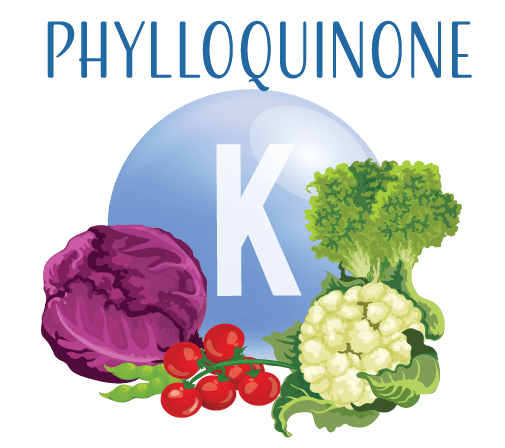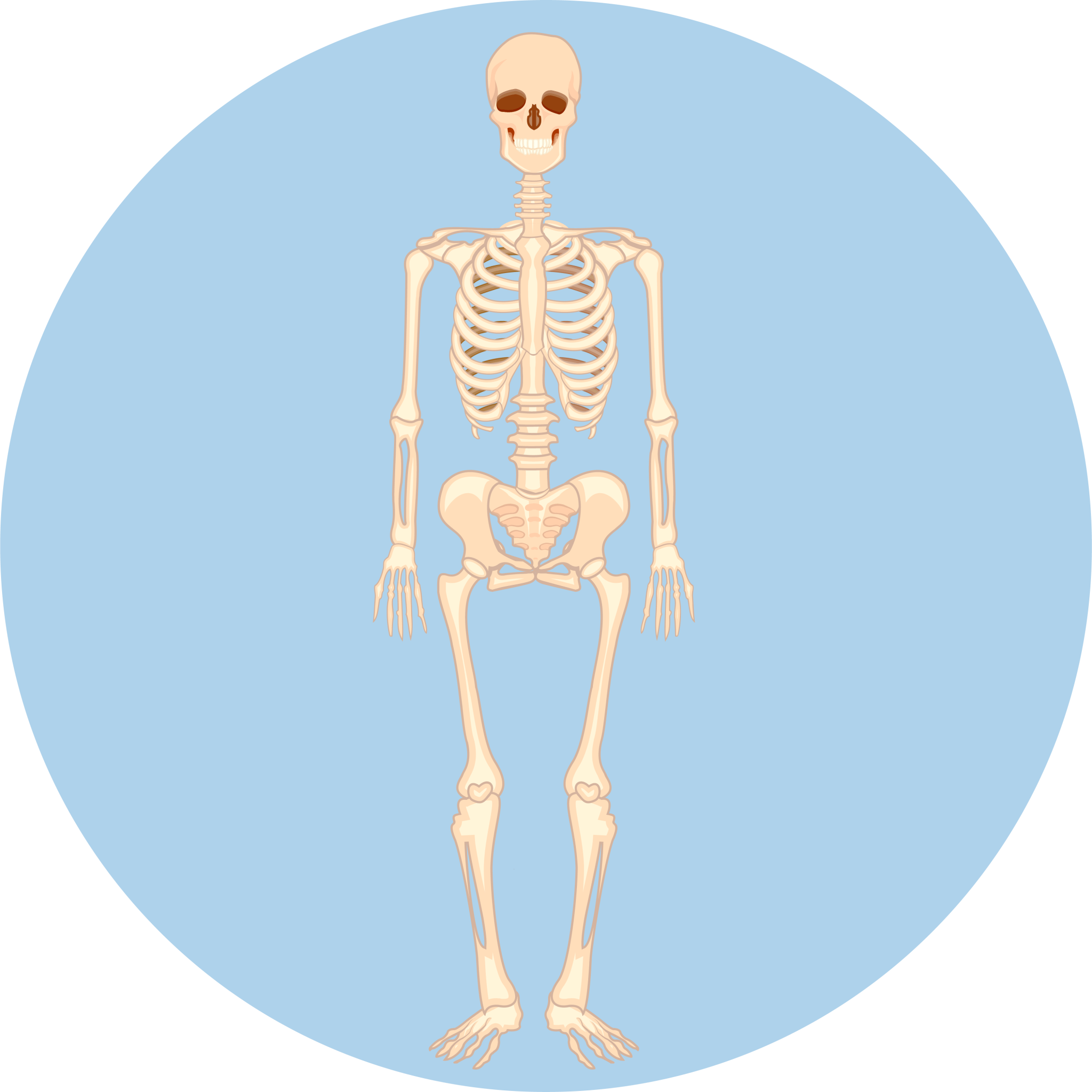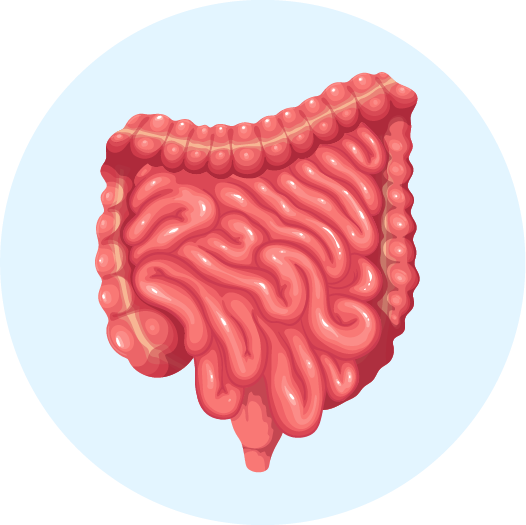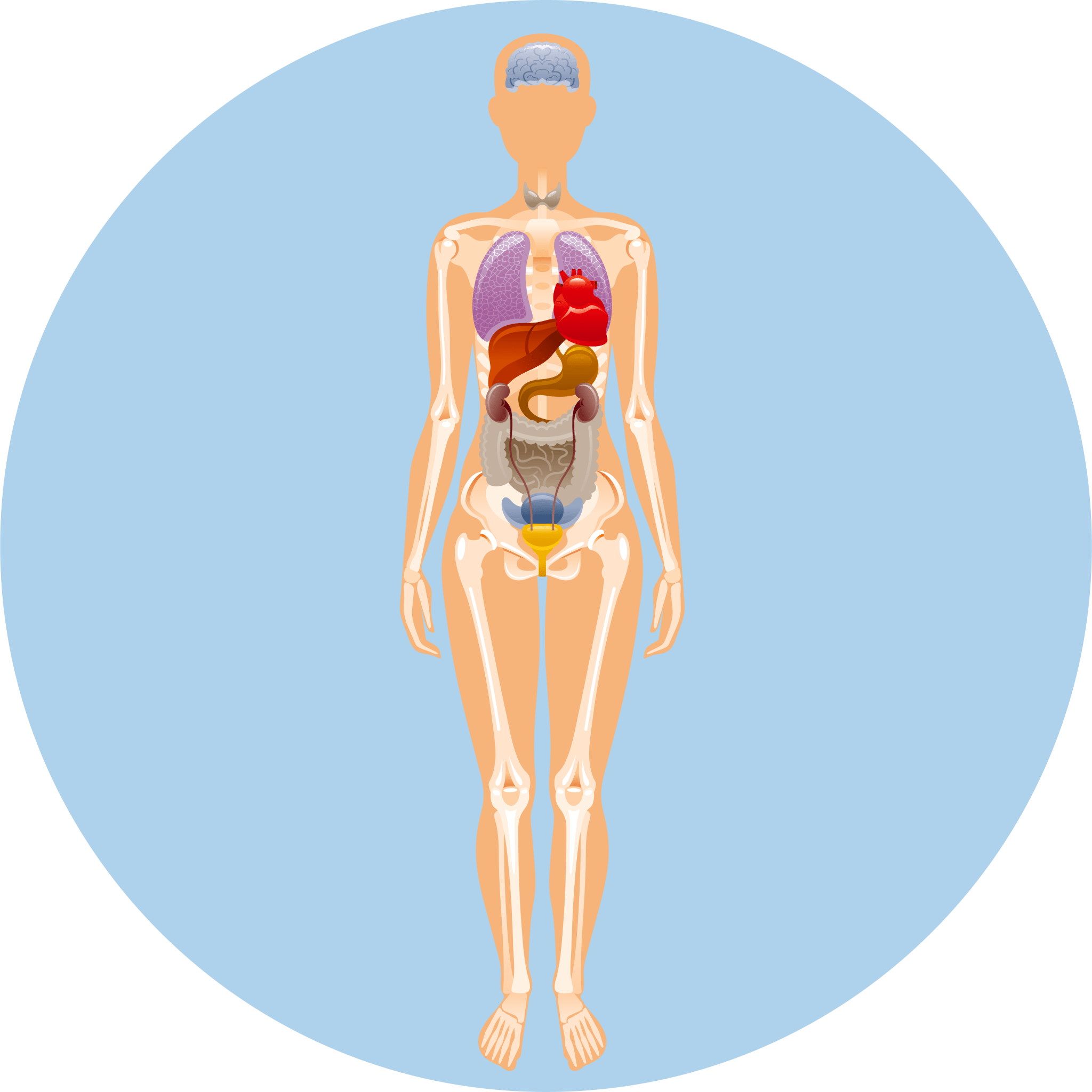Don’t let your health bleed out – get your daily dose of vitamin K for strong bones and a strong heart!
Vitamin K plays a pivotal role in maintaining optimal health, yet many people are unaware of its significance. Vitamin K is crucial for blood clotting, strong bones, and proper liver function. It also helps prevent heart disease and is necessary for normal growth and development.
While a deficiency in vitamin K can be detrimental to health, there is also a concern for toxicity. Excessive amounts of vitamin K can be toxic, especially if taken in supplement form, leading to unwanted side effects like nausea and diarrhea.
It is essential to obtain the right amount of vitamin K from appropriate sources, such as a balanced diet or consult with a healthcare practitioner if supplements are necessary. Maintain a healthy balance of vitamin K in your diet is crucial for optimal health and a functioning body.










